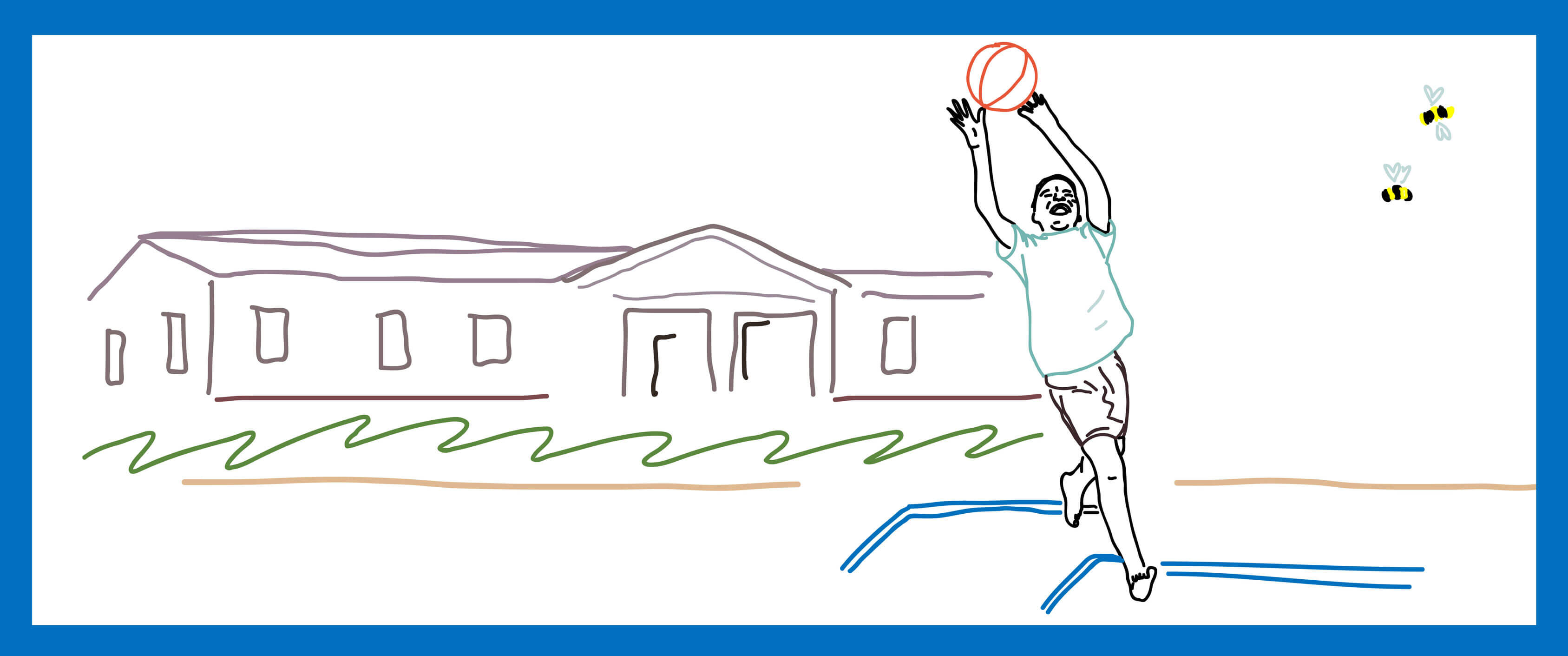Progetti

Mais Onlus
Africa
Community development in Swaziland with MAIS ONLUS.
The main aim of MAIS, Movement for International Self-Development in Solidarity, is the economic, social and civil self-development of communities and individuals in developing countries where there is severe poverty and where international solidarity can provide the first instruments needed to set in motion the mechanisms and virtuous circles that aim to achieve self-sufficiency.
The main areas of intervention are the education, through long distance support programmes for children and young people up to university; the protection, in children’s homes for children from rural villages and group homes for orphaned or abandoned children; the healthcare, for the children in the group homes and through disease prevention courses for the adults; the job placement, through vocational training courses.
The MAIS has been present in Africa since 1993, with the opening of the first multiracial state school in South Africa. Many more projects have been carried out in the country and the association has also extended its activities to Swaziland.
This has all been made possible thanks to the launch of important partnerships with the following institutional and private subjects, who have joined the members already present in the MAIS ONLUS and who bring new resources and qualify the action of the association: Médecins sans Frontières Switzerland; the Ministries of Public Education, Health, Welfare, Agricultural Policies; the Waldensian Church; the Bank of Italy employees’ “Goal – Solidarity” association; the Presidency of the Italian Republic; the Sports around the world association.
The collaboration with the FAI, which started in 2006, has given the development of the projects in Swaziland a boost. Swaziland is a small country in southern Africa and it has the highest rate of HIV/AIDS infection in the world. The MAIS Africa had been running long distance support projects since 2004 to promote the right to education and to develop greater awareness of healthcare issues among the population.
The FAI funded the MAIS project to build a Healthcare Centre in Mahamba, on land provided by a local community. The Centre opened in January 2008.
Over the years, the FAI has continued to monitor and support the work carried out by the MAIS, making it possible to increase and develop the healthcare services provided.
Today the “Lynyati” clinic offers a valuable healthcare service for the community since it reaches about 20,000 inhabitants. The clinic offers assistance completely free of charge: the diagnosis and treatment of tuberculosis; prevention, diagnosis and treatment for people with HIV/AIDS; ultrasound scan; electrocardiogram; preventive healthcare for women (pap test, colposcopy, etc.) are the main services offered to the local population.
The patients are assisted by Italian volunteer doctors and the MAIS provides them with a daily allowance, insurance and the cost of their transport, and two nurses, who are paid for by the MAIS.
The clinic was opened in the presence of the Swaziland King, Mswati III, and has been selected together with two other clinics, to start the government pilot project that involves providing a network of all the healthcare centres present in Swaziland.
THE FAI’S CONTRIBUTION:
The FAI has also supported the MAIS in other projects that are valuable for the Mahamba community: the Group Home and the Community Centre.
The sheltered home “La Loredana” is home to 25 children. It was set up in 2009 to offer orphans and destitute children and young people a safe place where they can feel welcome and the best conditions for studying. There are also HIV-positive children and young people who are guaranteed the necessary medical treatment.
The contribution of the FAI made it possible to build this house and in 2015 also a cottage next to the house. This is for the older children, who are supervised by the staff and learn how to gradually become more responsible and get ready to live on their own.
The Community Centre was built in 2016 thanks to further support from the FAI.
In such a poor country like Swaziland, where the majority of the population lives on less than a dollar a day and the youth unemployment rate is close to 40%, the Centre offers the community the possibility of economic and social recovery. The project involves training for job placements: courses on computer science, sewing classes, mechanics courses, beekeeping courses, and also seminars for the promotion of the cultural development of the population (on nutrition and hygiene and health, and HIV/AIDS prevention campaigns).
During these first years the Centre has trained over 50 people, some of whom have already found work, thanks to the skills they have acquired. It is worth mentioning the beekeeping project, which trains people to become agricultural professionals and which, just a few months after it started, produced the first ever honey in the area.
The Centre quickly became very important for the community since it holds all the public and private events (sports courses, karate competitions, public competitions, parties and functions.